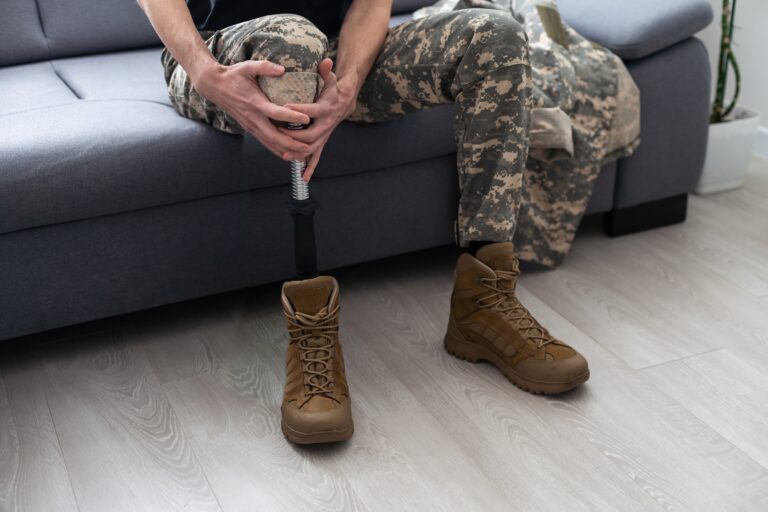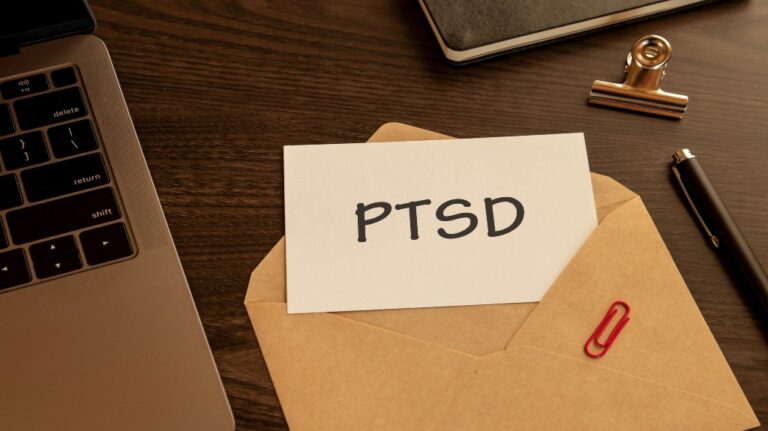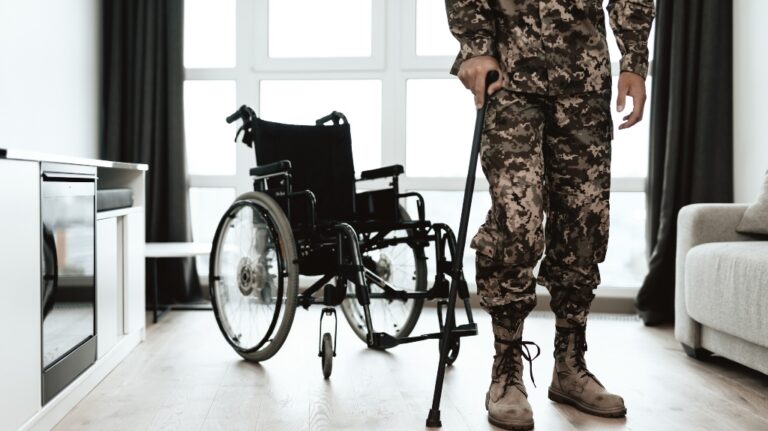At Veterans Law, we are committed to fighting for veterans that were wrongly denied by the VA and are in need of assistance. We understand the challenges and stress that go along with the process of obtaining benefits for veterans and their families.
In our dedication to serving those who served, we not only address the needs of veterans themselves but also extend our support to their spouses, recognizing the critical role they play in the veteran’s journey. Often, we receive questions from veteran’s spouses about what benefits are available to them. In this blog, we will be going over the different benefits available to spouses of veterans such as healthcare, educational assistance, and survivor benefits.

What Makes a Spouse Eligible For Benefits?
Spouses of veterans are eligible to receive a variety of benefits and compensation through the Veterans Administration (VA), acknowledging and honoring the sacrifices made by veterans. The majority of benefits are accessible to spouses of veterans who either have a permanent disability, often linked to their service, or have deceased while receiving a VA pension or compensation. Additionally, the veteran must have received an honorable discharge. To be eligible for most benefits, the spouse must have been married to the veteran for a minimum of one year.
Healthcare Benefits
- CHAMPVA: The Civilian Health and Medical Program of the Department of Veterans Affairs (CHAMPVA) provides health insurance and shares the cost of healthcare services and supplies with eligible spouses of veterans who are totally disabled or have passed away.
- TRICARE: TRICARE primarily serves active duty service members, retirees, and their families, providing comprehensive healthcare coverage worldwide.
- PCAFC: The Program of Comprehensive Assistance for Family Caregivers offers support and services for family caregivers of eligible Veterans who were seriously injured in the line of duty and meet other eligibility requirements.
Educational Assistance
- GI Bill Transfer Entitlement: This program allows eligible service members to transfer unused education benefits to their spouse, children, or both. Once transferred, the spouse can use the education benefits to pursue a variety of educational programs, including degree programs, vocational training, and certifications.
- DEA: The Dependents’ Educational Assistance (DEA) program allows eligible spouses of veterans to receive financial assistance to pursue various educational programs. The program offers a monthly stipend to help cover the costs of tuition, fees, books, supplies, and other educational expenses.
- Scholarships and Grants: Various organizations, foundations, and educational institutions provide scholarships and grants specifically for military spouses pursuing higher education or vocational training
Survivor Benefits
- Dependency and Indemnity Compensation: DIC is a tax-free monetary benefit paid monthly to survivors of veterans who died as a result of a service-connected injury, disease, or aggravation, or who were totally and permanently disabled due to a service-connected condition at the time of their death.
- Survivors Pension: This benefit is provided to eligible surviving spouses and dependents of deceased wartime veterans with limited income and resources. This pension is intended to provide financial assistance to help eligible survivors who are in financial need.
More information about the different types of benefits for spouses of veterans can be found at the U.S Department of Veteran Affairs website: https://www.va.gov/.
Get Help Receiving Your Benefits from Veterans Law Attorneys
Navigating the complexities of veterans’ benefits can be daunting, but our firm is here to guide you through every step of the process. For more information about the benefits available to spouses of veterans and how our firm can assist you, please contact us. Together, we can ensure that spouses of veterans receive the support and benefits they rightfully deserve.






